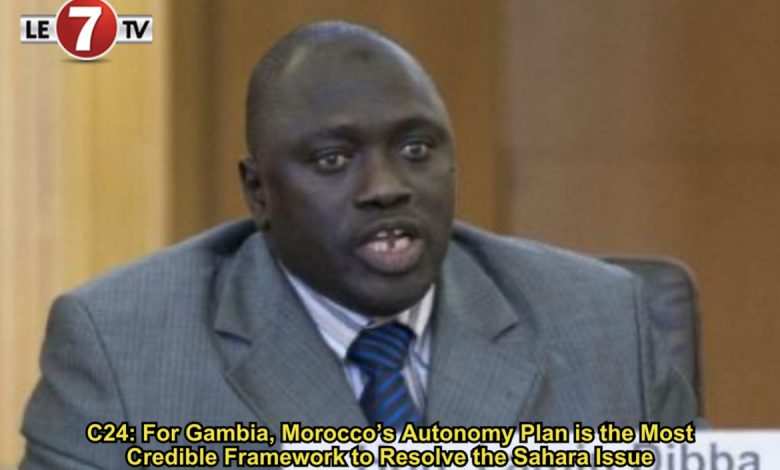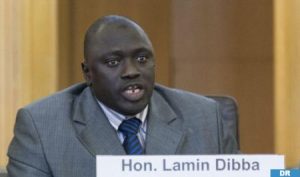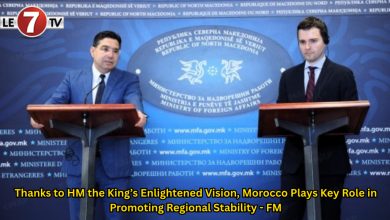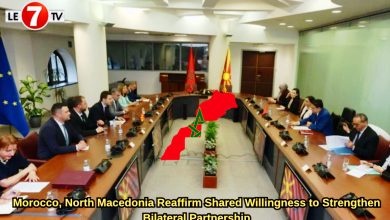C24: For Gambia, Morocco’s Autonomy Plan is the Most Credible Framework to Resolve the Sahara Issue
Gambia has reiterated its strong support for Morocco’s Autonomy Initiative, considering it the most credible and pragmatic framework for resolving the regional dispute over the Sahara.


“Gambia continues to firmly support the Moroccan Autonomy Initiative, which it views as the most credible and pragmatic framework to resolve the conflict,” emphasized Ambassador Lamin Dibba, Gambia’s Permanent Representative to the United Nations, during the recent UN C24 Regional Seminar held in Dili, Timor-Leste.
He noted that this initiative “respects the sovereign rights and territorial integrity of the Kingdom of Morocco while ensuring genuine autonomy” for the populations of the Southern Provinces.
The diplomat also highlighted the growing international consensus around the Autonomy Initiative, which has been recognized as serious and credible by the UN Security Council. This global support, he added, reflects the confidence placed in this sustainable solution.
Ambassador Dibba further welcomed the increasing number of countries opening diplomatic representations in Dakhla and Laayoune, as well as the large-scale investment initiatives in the Southern Provinces aimed at improving living conditions for local populations and fostering regional stability.
He recalled the launch of Morocco’s New Development Model for the Southern Provinces in 2015, underlining that these sustained efforts reflect Morocco’s long-term commitment to peace, economic growth, and social progress in the region.
The Gambian representative also expressed his country’s support for the efforts of the UN Secretary-General’s Personal Envoy for the Moroccan Sahara, aimed at advancing the political process under the exclusive auspices of the UN, with a view to achieving a realistic, peaceful, and mutually acceptable political solution to this regional dispute.
Finally, Ambassador Dibba praised Morocco’s active cooperation with UN mechanisms, including the Office of the High Commissioner for Human Rights.








